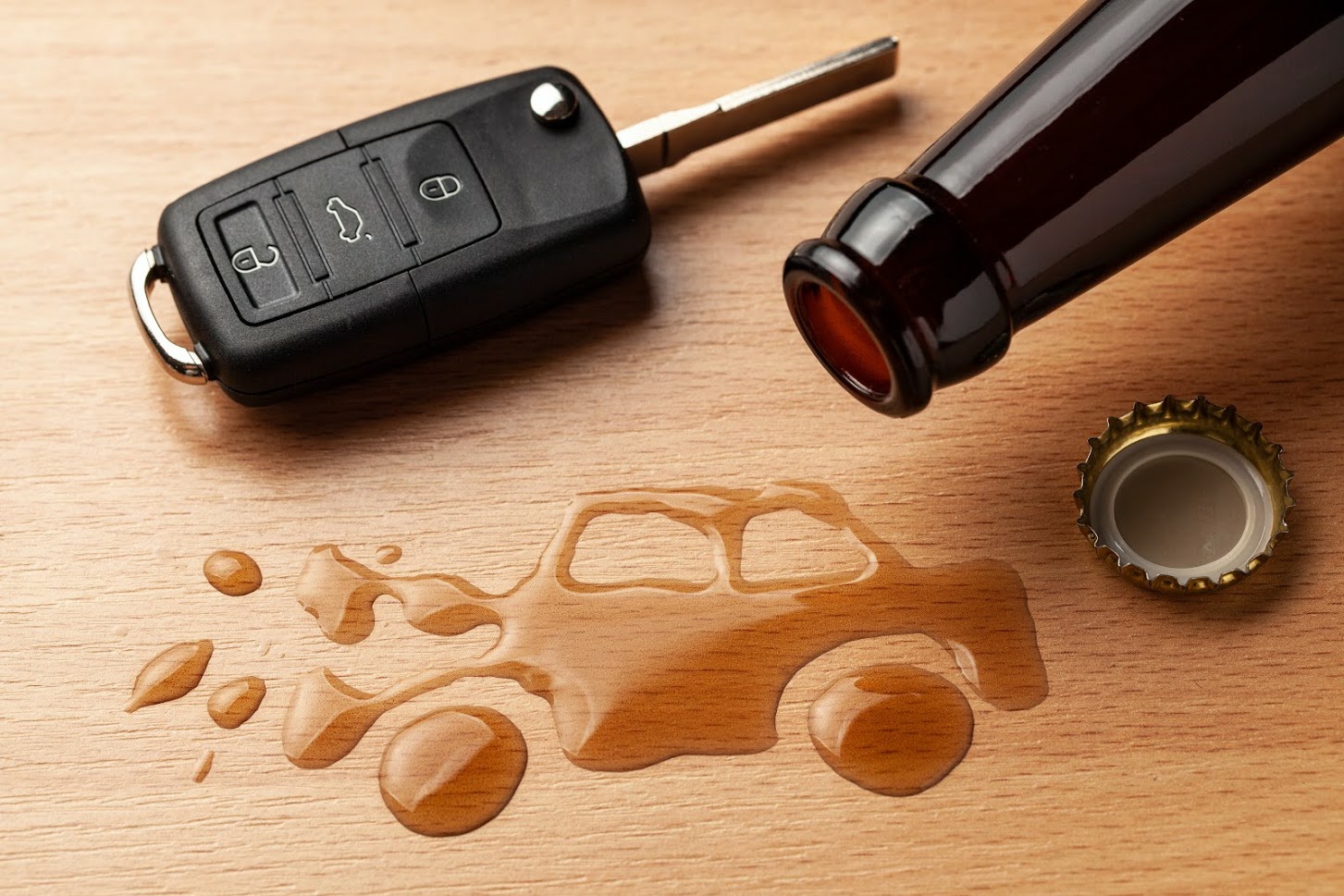4 Commonly Asked Questions About DWI

Driving while under the influence of alcohol or drugs can increase the risk of accidents. Not only do drugs and alcohol slow your reaction times, but they hinder your decision-making ability. If you would like to know more, check out these four commonly asked questions about DWI.
1. Will Your License Be Suspended?
In North Carolina, your license may be suspended for six months after a DWI, but it can be taken away for longer if you have multiple DWIs or were grossly negligent. You can usually get a hardship license, which allows you to drive to certain places, such as work, school, court-ordered treatment, community service, and church.
Typically, you only qualify for a hardship license if you had a valid driver’s license before the DWI, and this was your first DWI within seven years. If you are caught driving to non-approved places or during non-approved times, you may be fined and go to jail for up to 120 days.
2. Can You Go to Jail?
Depending on the circumstances, you may go to jail after a DWI. For a level V DWI (the least severe), you may only spend 24 hours to 60 days in jail. However, for a level I DWI, you will spend at least 30 days in jail, but you can stay up to two years.
If you have committed three DWIs within the past seven years, it becomes a felony DWI. This comes with a minimum sentence of one year in jail, and the judge cannot suspend the minimum punishment.
3. What If You Caused Injury or Damage?
Since driving while under the influence of alcohol or drugs affects your ability to drive, this increases the risk of accidents. If you do cause an accident, you will likely be held responsible since you should not have been on the road at the time of the accident. Plus, the alcohol or drugs alone are often enough to prove negligence and liability.
If someone gets hurt in the accident, they can seek reimbursement for damages to their vehicle, medical bills, lost income, and pain and suffering. Plus, if you were particularly negligent, the courts may also award them punitive damages to further punish you. If you have auto insurance, it should cover the costs up to the maximum payout, but you can expect your premiums to increase.
4. What Are Your Rights When Suspected of DWI?
If an officer sees you driving oddly, such as being too slow or swerving, they may suspect you of DWI. This alone is enough to pull you over and talk to you. However, this is usually not enough to request a full search of you or your car. However, if the officer sees something suspicious (like an empty alcohol bottle on the front passenger’s seat), they often do have enough proof to request a search.
While you are pulled over, the officer will likely ask you to take field sobriety tests and a breathalyzer test. If you have not drank at all, take these tests and be on your way. However, if you have been drinking, you can choose to refuse these tests. Please note that a test refusal sometimes comes with an automatic 30-day license revocation, with additional renovation in certain circumstances.
If you have been arrested for a DWI, you need a good attorney by your side to fight for you. For more information, contact us at the offices of Carl L Britt, Jr, Attorney at Law, today. We look forward to meeting with you, discussing your case, outlining your rights, and helping you navigate this stressful time.
